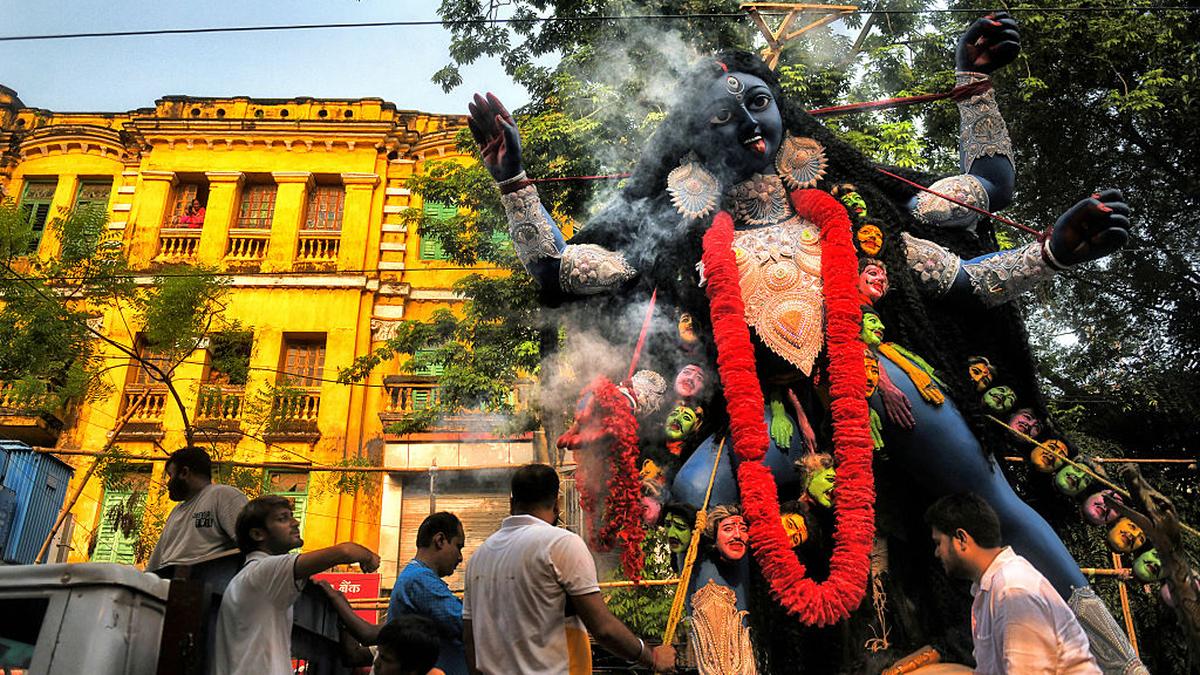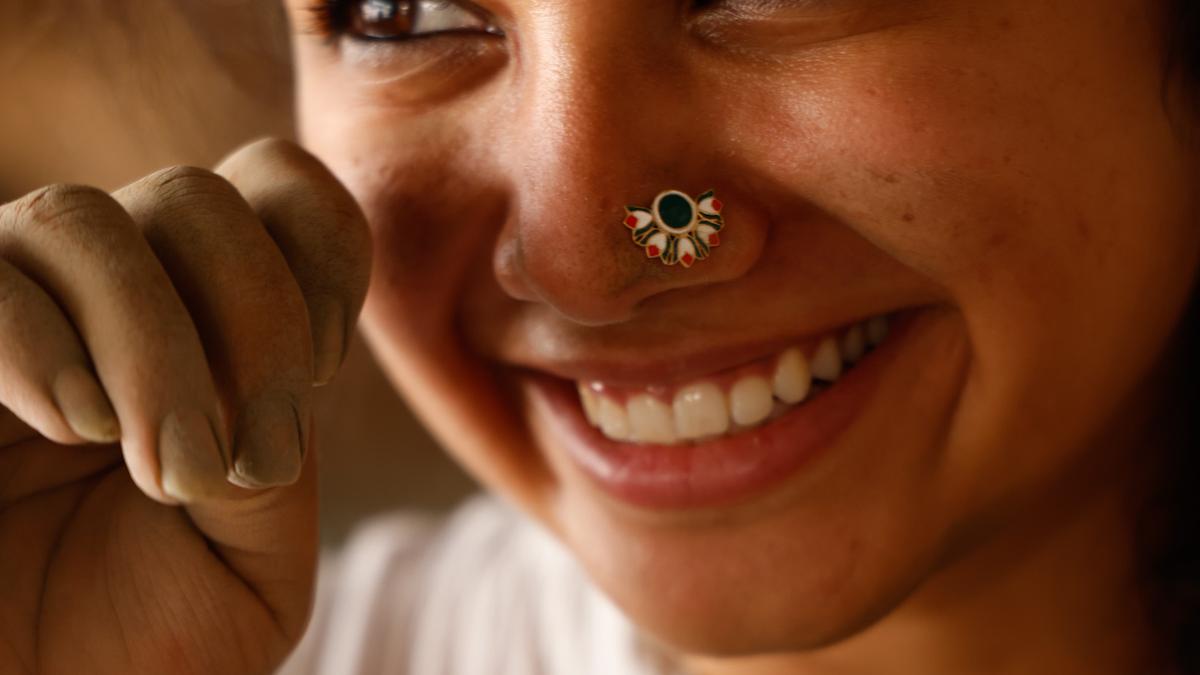While the rest of India celebrates Diwali, West Bengal worships Kali. Yes, Durga Puja — the 10-day festival that precedes Kali Puja by a few weeks — has UNESCO’s intangible heritage status; it gets international attention; it is bigger, glitzier and grander than any other festival in Kolkata. But this is the goddess Kali’s stomping ground. English historian H.E.A. Cotton wrote “Kali, the patron saint of the city, is at Kalighat.” Kali has the city’s heart. In fact, West Bengal Chief Minister Mamata Banerjee, who lives a stone’s throw from the Kalighat temple, is a renowned devotee of the goddess.
Kali is the goddess of deserted areas. She is worshipped in the dead of night. She appears naked and unashamed, unconcerned about what she is wearing. She fits no definition of a “good girl”.
And that is why, at a time when Kolkata is gearing up for Kali Puja, the Chief Minister’s comments following the rape of a medical student in the State are especially galling.
“How did she come out [of the hostel] at 12:30 a.m.?” Banerjee said, according to media reports. She said while it was everyone’s right to go out, “when and wherever they want to”, she cautioned private institutions like medical colleges to be careful. “Especially when it’s a girl child, they should not be allowed to go out at night.”
Her remarks have ignited a political firestorm. The opposition has accused her of victim blaming. Sadly, almost no political party can claim moral high ground when it comes to blaming the victim of assault. Good girls don’t stay out that late. Good girls don’t dress like that. Good girls don’t go around alone in deserted areas. We have heard that refrain over and over again.
When journalist Soumya Viswanathan was murdered in Delhi in 2008, then chief minister Sheila Dikshit said, “All by herself till 3 a.m. at night… you should not be so adventurous.” After a rape case in Gurugram in 2012, the city bosses said women should not work after 8 p.m. If they had to, they needed to tell the labour department in advance.
Never out of place
At one time, Kali embarrassed me. I was then living and working in California, where Diwali usually meant good desi food and a few sparklers in the backyard at some Indian friend’s house party.
When culturally conscious American friends would wish me Happy Diwali, I wanted to tell them that I had really grown up with Kali Puja, not Diwali, in Kolkata. Our local Kali Puja pandal came up every year outside our bedroom window. One year, an errant firework set it ablaze and I remember the flames leaving our house blackened and sooty. Next day, the goddess stood exposed amidst the charred remains of the pandal. She didn’t look too out of place. This, after all, is a goddess who is as much at home in a crematorium as she is in the house of a devotee.
But Kali, blue or black, naked and fierce, tongue dripping blood, is much harder to explain to westerners than the more motherly Durga, a far more conventional deity. So, I would just smile and nod when people wished me Happy Diwali.
Always on her own terms
Today, in Kolkata, I see Kali being slowly domesticated in our bhadralok neighbourhoods. She is often not naked anymore. She wears a white sari with a red border. White shola (pith) jewellery covers her nakedness. She is becoming more family-friendly. And it is true, Kali is also a mother goddess. She has a whole genre of songs dedicated to her, Shyamasangeet, that imagines her as the mother who is as dark as the night. It’s a rare adoration in India of something that’s not “fair and lovely”.
But Kali is a different kind of mother figure than Durga who arrives with her family in tow. Kali, kinetic and ecstatic, is awe-inspiring in the ferocity of her love. She takes no prisoners in her battle against evil. She slew the demons Chanda and Munda and thus became known as Chamunda. She is Chhinnamasta, who holds her own severed head in her hand, the blood spurting out of her neck. She is no silently suffering mother.
And we clearly need her now more than ever. The clay lamps that usher in Diwali are pretty but more than anything else, we need a Kali, unfettered and unapologetic, living on her own terms.
It’s strange irony then that the government of the State that worships her with such fervour should think the best way to keep women safe is to impose a curfew on them. After all, long before ‘Take Back the Night’ became a movement, Kali, naked, ferocious and shameless, took back the night.
The writer is the author of Don’t Let Him Know, and likes to let everyone know about his opinions, whether asked or not.
Published – October 17, 2025 06:30 am IST



